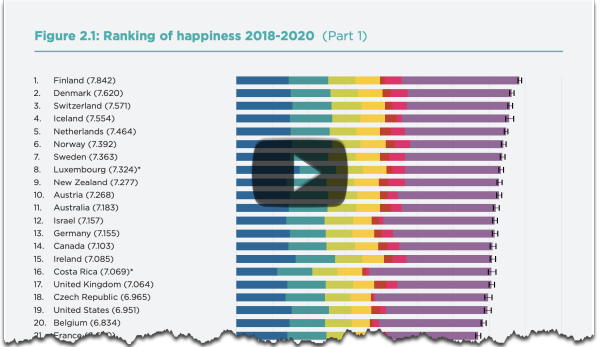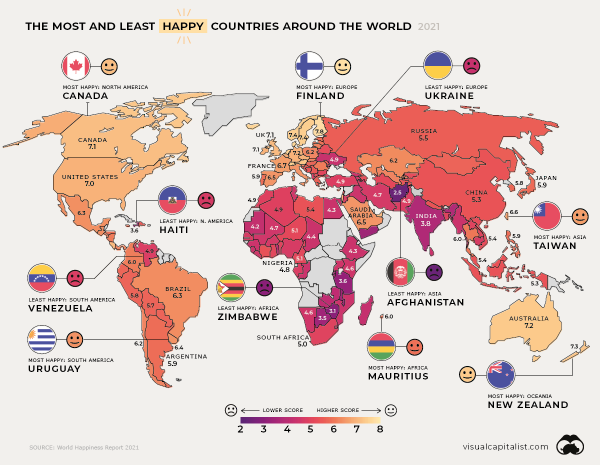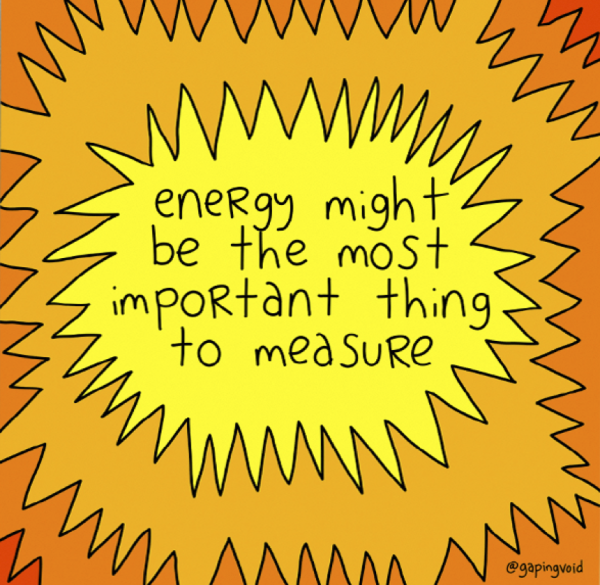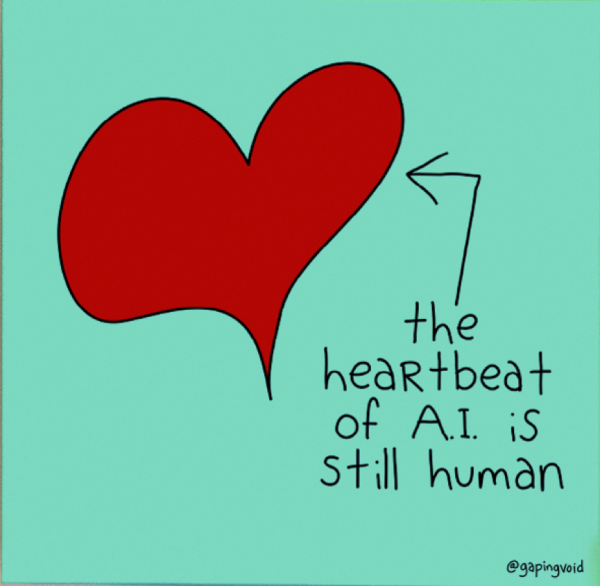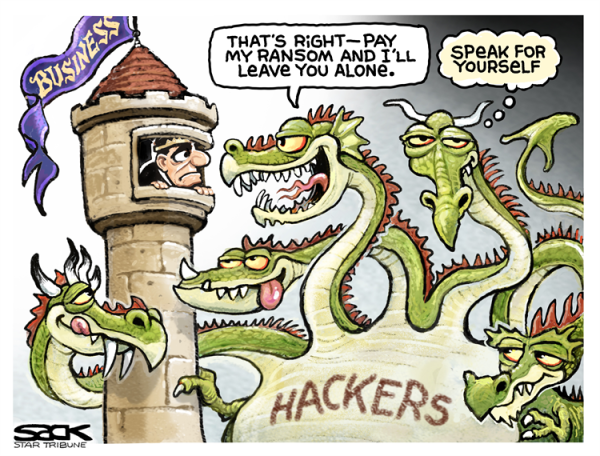At a mastermind meeting last week, Landon Downs from 1Qbit spoke on the state of technology. Landon and I agree on a lot of things – and one of those things he emphasized heavily. AI is in a period of massive innovation. It's a renaissance, or springtime, or whatever euphemism you want to use. But it's only springtime for AI if you can take advantage of it.
Adding to that, he explained that a current constraint might become a big short-term limitation to how widespread AI can grow. The constraint is that there is a global chip shortage (and it could be an issue until 2023).
The chip shortage is probably a bigger problem than you imagine because microchips are in everything from refrigerators to toothbrushes – not just high-tech computers. This has the potential to be a massive disruptor, especially in the tech industry.

Building and running smart AI systems takes a lot of computing power, and as more competitors enter the scene, not only will the cost to play increase, but so will the potential you get turned away at the door.
To a certain extent, the AI arms race becomes a chip arms race.
As I thought about the chip shortage, and its impact on the next few years, it also made me brainstorm what else I thought would be the most influential shifts that would influence me and my business (and potentially the world).
Here's my top 5, and I'd love to hear yours.
- Compute Power is going to increase, and the ability to brute force problems will create new possibilities. Quantum computing will become more important and likely available for commercial use.
- New and better AI platforms will transition AI from a tool for specialists to a commodity for everyday people – it won't just be Artificial Intelligence, it will be Amplified Intelligence (helping people make better decisions, take smarter actions, and continually measure and improve performance).
- Blockchain and authenticated provenance are going to become more important as the world becomes increasingly digital. Trust and transparency will be important as indelible logs are needed for finance, medical, armies, etc.
- IoT will become more pervasive, enabling near digital omniscience as everything becomes a sensor that transmits data up the chain.
- Mass customization will become the norm instead of simple mass production as hardware, data, and AI continues to improve products, medicine, custom supplements, and just about everything else.
What do you think? I'd love to hear your list.

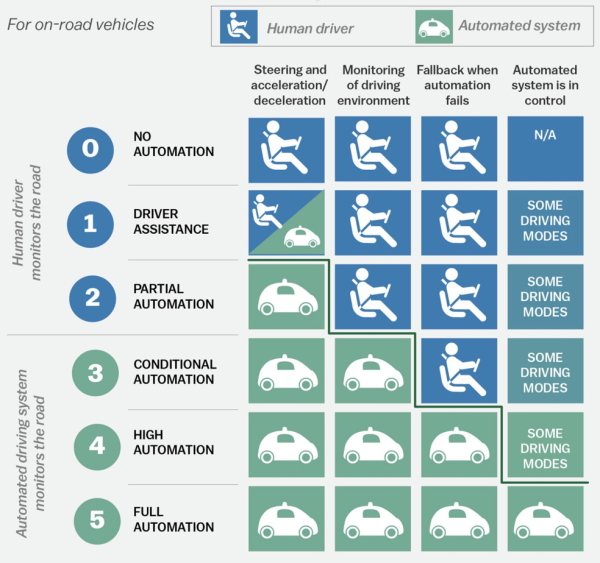
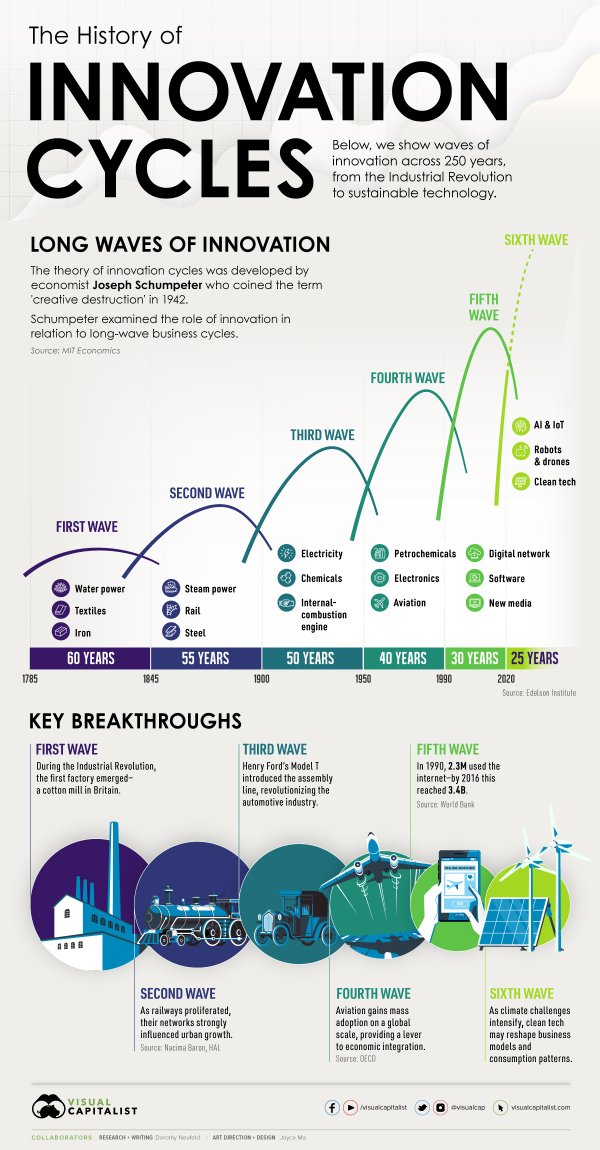 via
via 
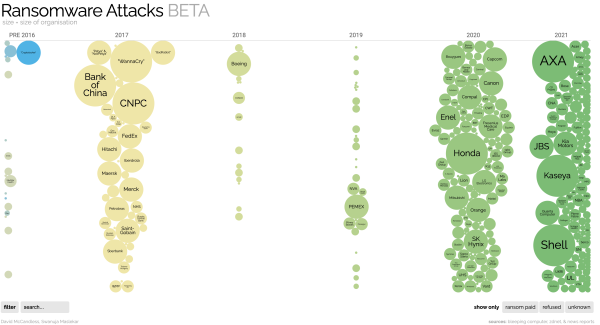 via
via 